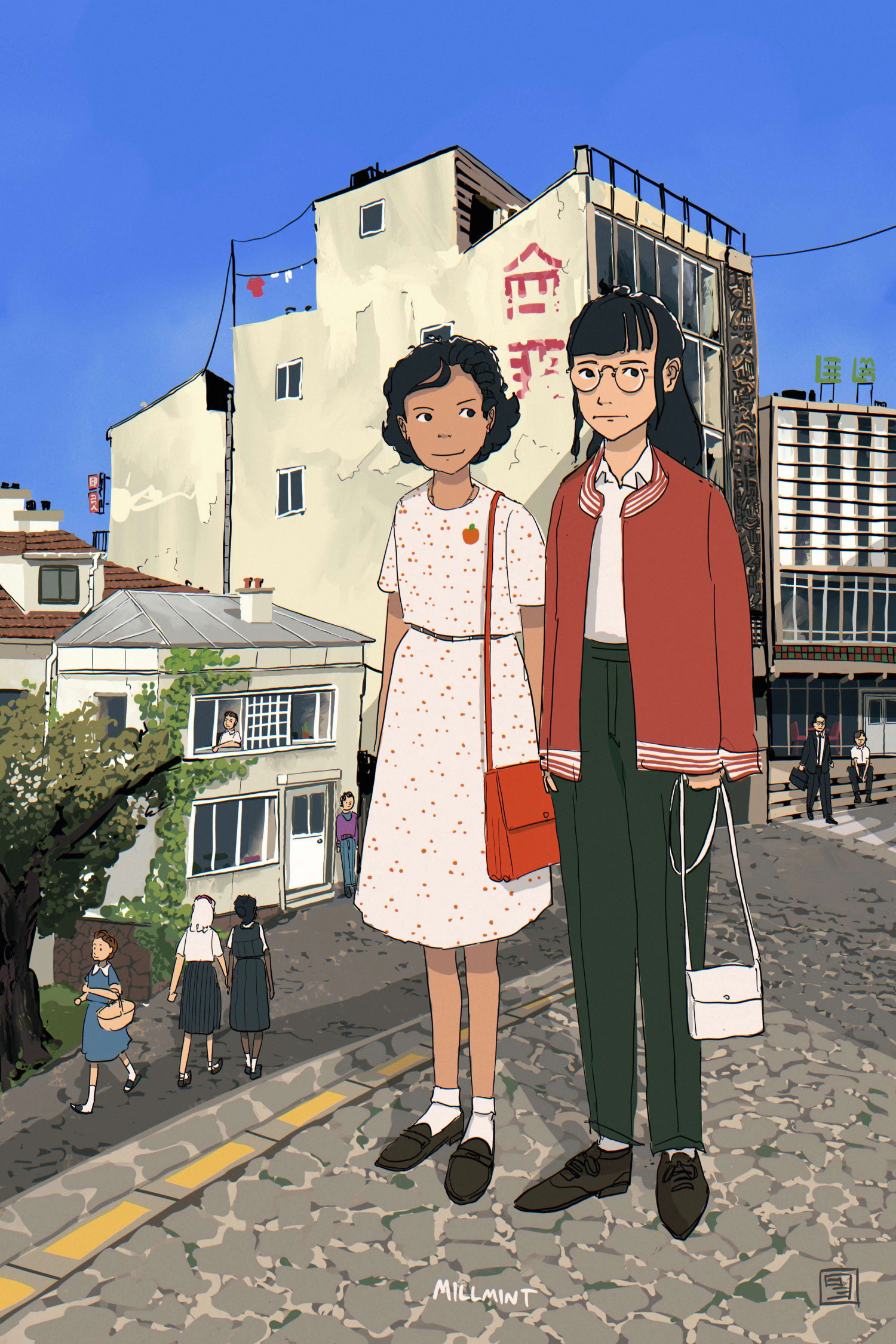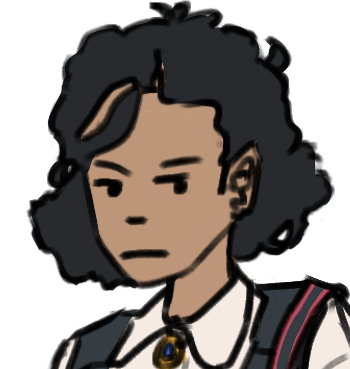NEW Story: Sunday Morning
Department Commerce

Read more: Atlantic
Despite having many consumer products, Vekllei is not a consumer society and is not equipped to succeed as one. Benevolent state monopolies produce staple goods – food, clothing, and shelter – and everything else is left up to the anarchic participatory industriousness of its people, which is situated somewhere between a productive free market and chaos.
These planned production mechanisms facilitate the reliable overproduction of essential goods that meet the needs of Vekllei population. The inflexibility of this system is supplanted by the private market of participatory labour, which produces the majority of consumer goods and products in Vekllei, if unreliably. Luxury goods are generally hyperlocalised or imported, and are scarce for most Veklei people.
Since the staples of Vekllei life are produced in an inflexible planned system based on overproduction, the most common place of ‘commerce’ for ordinary Vekllei people is the department store. They are a feature of the country, capable of furnishing a complete life out of simple and quality goods. Furniture, clothing, some appliances, and all types of food are available. Clothing is of high quality, and has some variety of essential fashions in contemporary society.
These department stores resemble the icons of consumer societies overseas, but without an efficient means of exchange to build real markets built on capital, the mechanisms to develop a consumer culture are absent. Instead, Vekllei is full of ‘ghost consumers;’ people participating in consumer rituals that look like their counterparts overseas, but missing the critical aspects of consumer desire and money-value.
Indeed, Tzipora was surprised when Cobian took her to the Montvisiosn Department Store one day to ‘shop’ for new clothes. Cobian tried things on and frowned at herself in the mirror like the Yanquis and Londoners and Parisians do, but she was really acting out what she saw in films. It was a fantasy; a child’s idea of shopping and consumption and commerce. It was very exotic to Vekllei people, but Tzipora had lived overseas and knew the difference money-value made. There was no real desire to consume; it was a social ritual without a financial basis. They might as well have been doing each other’s hair in the park, or trying on her mother’s shoes.

